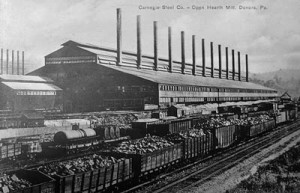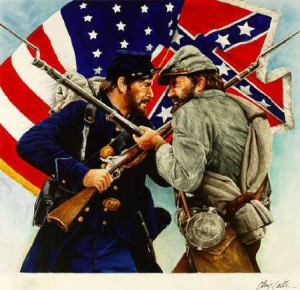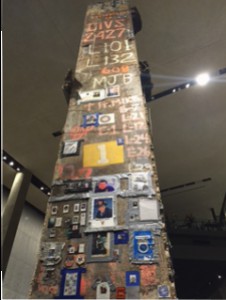
Industrialization (1865-1901):
Intro: Overview, Attendance, Agenda, Introduce Essential Question, Objectives, Standards
Enduring Understanding: Economic systems shape relationships in society.
Essential Question: How did the United States become an industrialized society after the Civil War?
Objectives:
—various resources that enabled the United States to industrialize quickly.
—new technologies invented during this era and their inventors.
—how the spread of railroads changed the nation.
—leading railroad industrialists and evaluate their accomplishments.
—rise of large-scale businesses and their different forms of organization.
—key industrialists and financiers and what their role was in shaping the nationʻs economy.
—changes in retail and the emergence of the advertising industry in the late nineteenth century.
—how industrialization changed working conditions in the United States.
—the rise of organized labor and the reasons it failed to achieve its major goals.
Standards:
…Time, Continuity and Change (#6, 7)
…People, Places and Environments (#1, 4)
…Individuals, Groups, & Institutions(#2)
…Production, Distribution and Consumption (#4, 6, 8)
…Science, Technology and Society (#1, 4, 6)
…Global Connections (#6)
The Men Who Built America
—View film
Homework: Newsela Quiz tomorrow

 The Civil War (1861-1865)
The Civil War (1861-1865) Global Challenges: Terrorism and Remembering 9/11/01
Global Challenges: Terrorism and Remembering 9/11/01